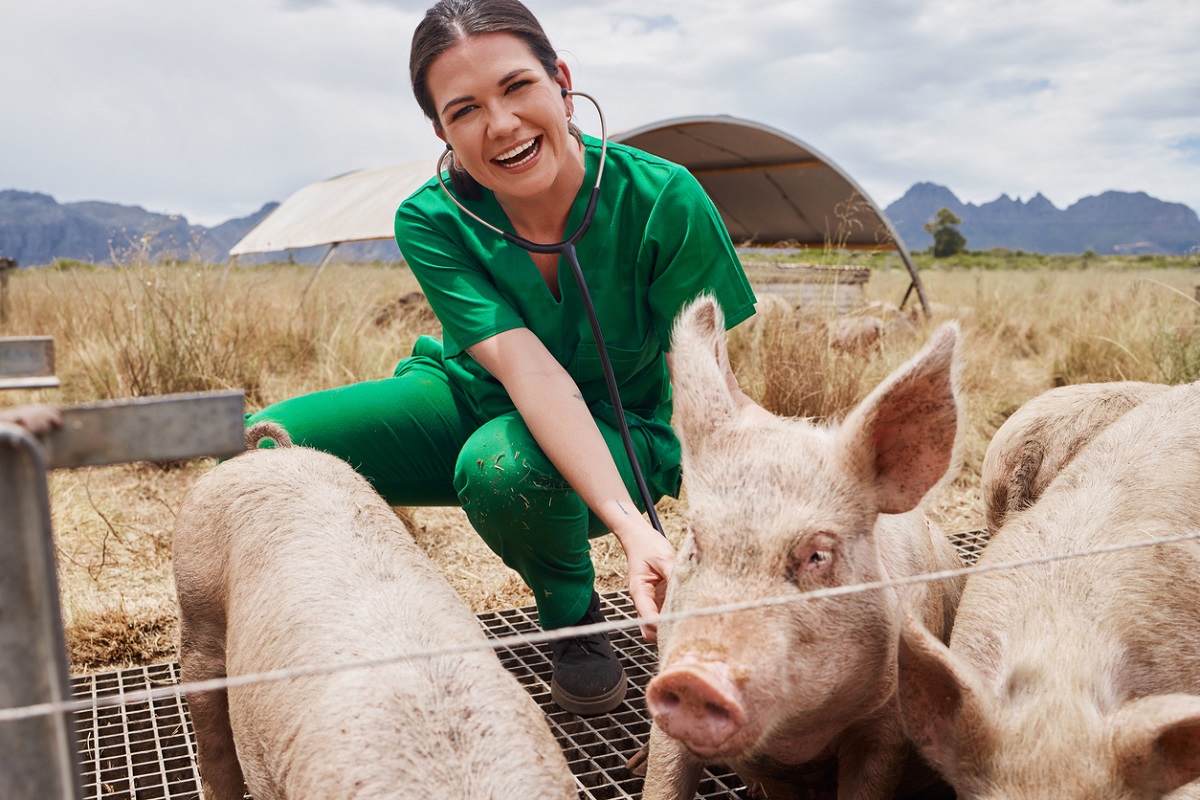Animal Medicines Australia (AMA) has welcomed a new report recommending measures to boost veterinary services in regional Australia.
The Jobs and Skills Australia (JSA) report, An Essential Ingredient – The Food Supply Chain Workforce, outlines 41 recommendations to address workforce challenges in food production, manufacturing, transport, and distribution. Among these, several proposals aim to strengthen Australia’s veterinary and biosecurity workforce.
Ben Stapley, Executive Director at AMA, said the report recognised the critical role veterinarians play in food supply chains.
“The food supply chain is a major employer across regional, rural, and remote Australia, encompassing a highly diverse range of industries, locations, and workforce requirements,” Mr Stapley said. “The report is a strong endorsement and recognition of the role of veterinarians in Australia’s food supply chain.”
Five of the report’s recommendations focus on the veterinary sector, including aligning with AMA’s proposal to expand the Commonwealth Prac Payment. This initiative would provide financial support for veterinary students undertaking placements in rural and regional areas to address workforce shortages.
AMA is also advocating for a $5.76 million annual investment in a Rural Bonding Scheme to forgive HECS-HELP debt for early-career veterinarians who work in regional areas.
Another key recommendation is the development of a National Biosecurity Workforce Strategy to improve workforce skills and career pathways. Mr Stapley said AMA strongly supports this measure.
“AMA supports the report’s recommendation to develop a National Biosecurity Workforce Strategy to build, retain, and deploy capability in this area,” he said. “Veterinary medicines, including vaccines, are critical in responding to biosecurity outbreaks. These tools help manage risks and limit the spread of disease, ensuring Australia’s agricultural industries remain robust and resilient.”
AMA is also calling for greater investment in biosecurity and pandemic preparedness, including expanding Australia’s antimicrobial resistance (AMR) surveillance program to include animal health.
The industry body says these initiatives are essential to securing Australia’s food supply chain and strengthening the veterinary workforce in regional and rural areas.
To stay up to date on the latest industry headlines, sign up to the Pet Industry News e-newsletter.

